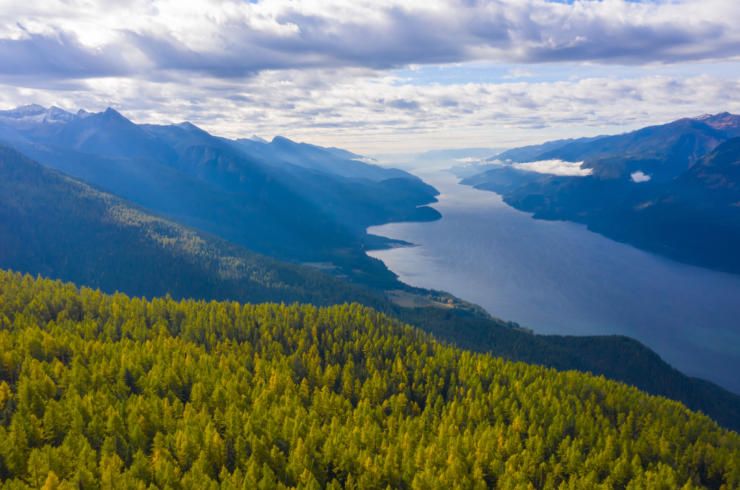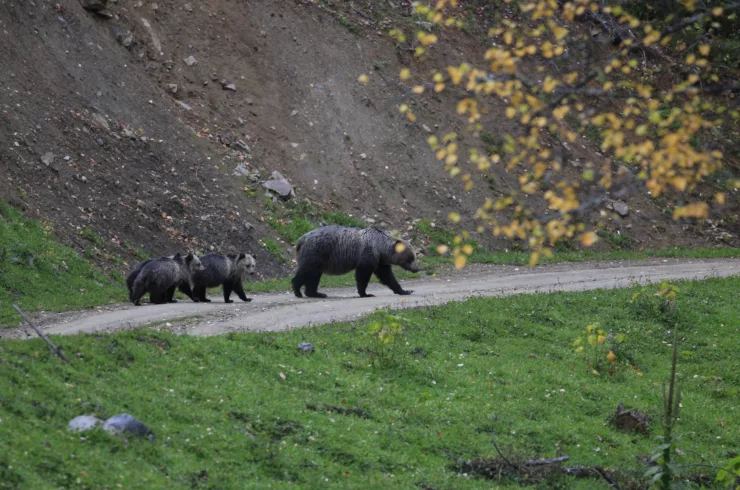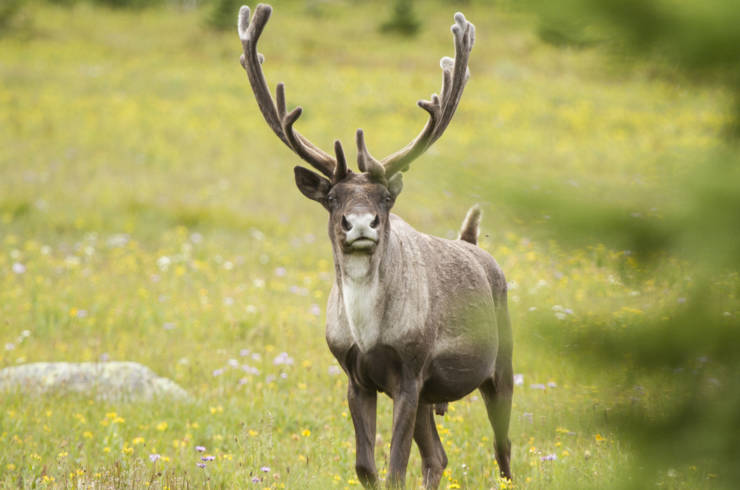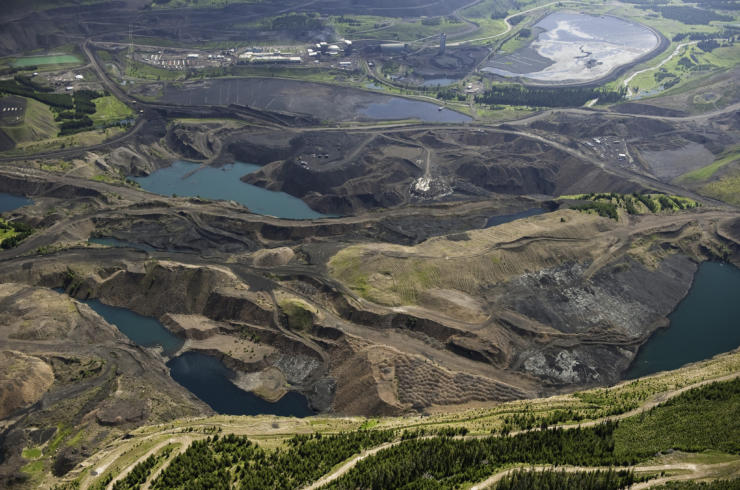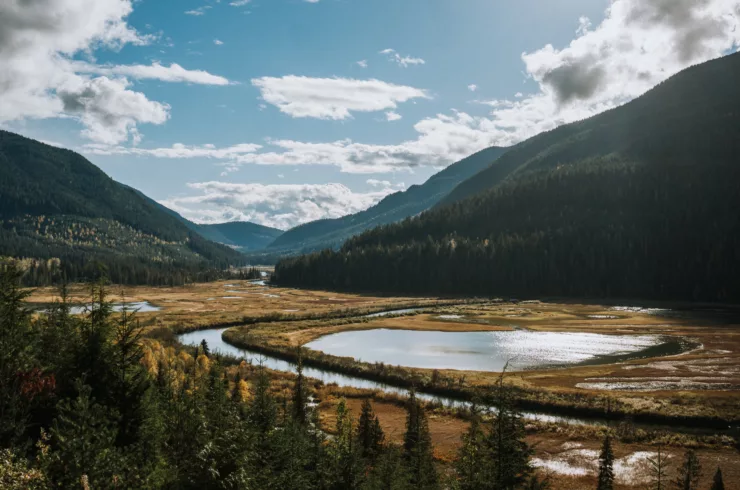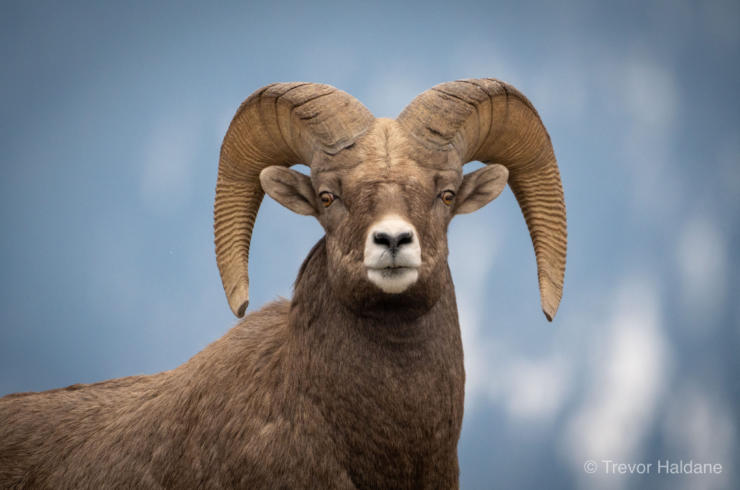Boating Regulations
Boaters planning to head to the Columbia River need to be aware of the regulations in place to protect the Columbia Wetlands Wildlife Management Area (CWWMA) between Fairmount and Donald north of Golden.
- On the main channel of the Columbia River, motorized vessels are limited to 20 horsepower (15 kw) or less. These restrictions do not apply to Columbia Lake and Windermere Lake.
- No towing is permitted in these reaches of the river.
- Side channels, sloughs and wetlands are off limits to motorized water craft.
Wildlife Protection
The regulations are in place to help protect an area of biologically rich, shallow water and marsh wetland habitats. Along the Pacific Flyway migration route stretching from South America to the Arctic Ocean, migrating birds encounter many regions of lost and degraded habitat on their journey. The Columbia Wetlands are one of the largest remaining intact wetlands on that route that is not permanently altered by large dams. This area is of critical importance to numerous species of breeding birds.
During the spring and early summer season, from April through to mid-July, nesting water birds are particularly sensitive to disturbance. Avian parents need all the help they can get to successfully raise their young.
Boaters in canoes, kayaks and paddle boards can also startle nesting birds and young broods, causing them to be separated from adults and more vulnerable to predators. Many nests are hidden in vegetation in marshes and on the shorelines. Nests with eggs can be damaged or destroyed by boats before you can even see them.
Green Boating
- It is recommended that all boaters stay in open water during breeding season and avoid paddling into vegetated areas.
- Avoid deliberately approaching water birds especially if they have young with them. Take pictures from a distance.
- Land boats only in open beach areas if possible and be careful not to disturb nests if walking on shore.
- In the main channel, maintain slow speeds if traveling by motor boat to prevent wakes from disturbing shore nests, or birds resting or feeding on the water.
- All boats that have been in other water bodies need to be thoroughly cleaned and inspected to avoid introducing invasive species to the Columbia Wetlands. Clean, drain and dry your boat!
- As in all bodies of water be very cautious to avoid spilling fuel, oil, or other contaminants.
- Do not leave any garbage behind.
- Keep control of your dog at all times, or even better, leave them at home on dry land with a good friend and some treats!
Please do your part while boating by slowing down and giving wildlife space—enjoy the Columbia River and wetlands with respect.
Help out further by reporting observed violations of Fisheries, Wildlife or Environmental Protection laws to BC Conservation Officers at 1-877-952-7277.








